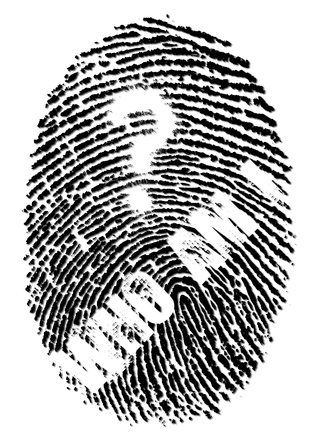She will give birth to a son, and you are to name him Yeshua, [which means ‘Adonai saves,’] because he will save his people from their sins.
Matthew 1:21 CJB
Although I have no memory of it, shortly after I was born, my legal name became Richard Khol. I know that because my birth certificate says so, although through the years I’ve been given other names. As a kid, everyone called me Rickey, and my baby brother called me “Racoo.” When I got to High School, I went by “Rick,” and that’s who I consider myself to be.
My name in South America was “Don Ricardo.” That’s not who I was, but it worked for Spanish speakers, and I was all right with it. While there, I became close with an Ecuadorian pastor who expressed his friendship by always addressing me as “Rrrreek.” He didn’t pronounce it right, but at least he tried, and I appreciated it.
When Christ was born in Bethlehem, His legal name was probably “Yehoshua,” which we pronounce today as “Joshua.” In Hebrew, it means “God-saves” and was a common name in the first century. This four-syllable word was shortened to three in the name “Yeshua,” which translates “Salvation.”
English speakers are usually clueless to both the meaning and pronunciation of the Lord’s name. When the New Testament was written in Greek, the Savior’s name, Yeshua, was transliterated to “ee-ay-soos”, since there weren’t equivalent letters in both languages. Then, in the 5th century, the New Testament was translated into Latin, and for a thousand years His personal name was “IESVS.”
The Tyndale, Geneva, and early King James versions all used the Latin spelling of the name. It wasn’t until 1630 that the “J” was added and pronounced “Yeh”. Later, the “Yeh” sound was finally dropped and the “Jeh” sound substituted.
The English name “Jesus” then, is a transliteration of the Latin, which is a transliteration of the Greek, which is a transliteration of the Hebrew.
O Lord Yeshua, please have patience with us! We’ll get your name right in heaven!
August 25
